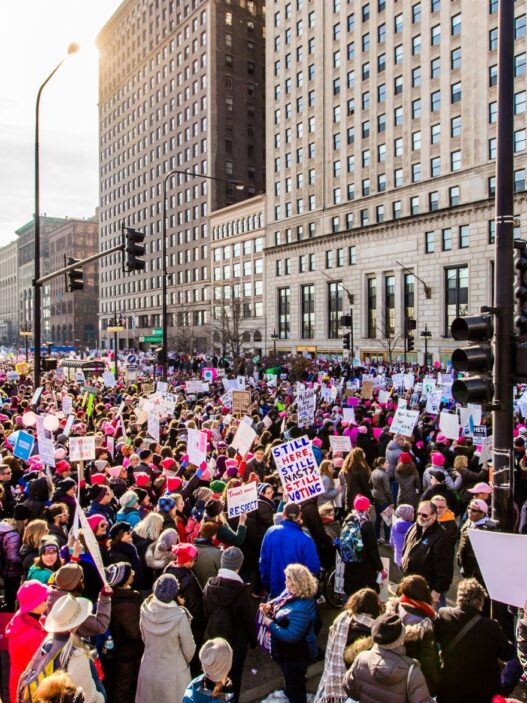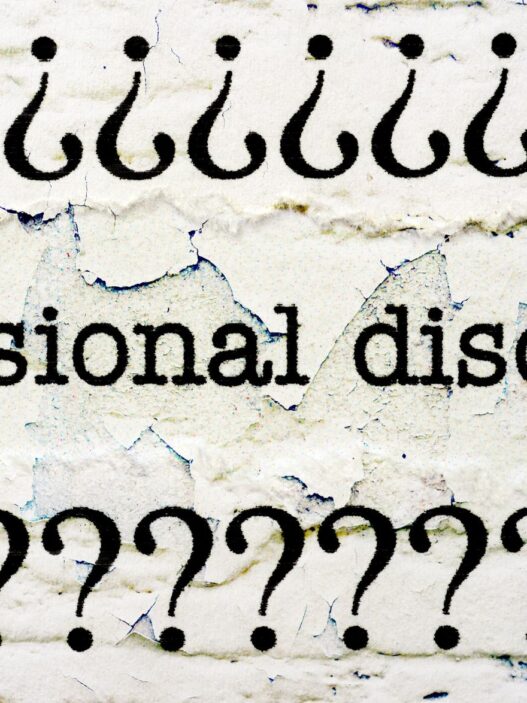In a shocking incident, a massive data breach in the U.S. healthcare system has impacted over 100 million individuals, according to the U.S. Department of Health and Human Services (HHS) Breach Portal.
In a shocking incident, a massive data breach in the U.S. healthcare system has impacted over 100 million individuals, according to the U.S.
Department of Health and Human Services (HHS) Breach Portal. This breach involves private health data, exposing sensitive personal information of millions of patients across the country.
Healthcare data breaches have become an alarming trend, putting patients’ private information, including names, Social Security numbers, medical records, and addresses, at risk.
Such breaches not only endanger privacy but can also lead to financial fraud and identity theft.
The Scope of the Breach
This latest breach is one of the largest in recent years, with millions of records compromised.
Healthcare providers, insurance companies, and even third-party vendors have been targeted, highlighting a severe vulnerability in the healthcare industry’s data security systems.
The CNET report emphasized that this breach reveals critical flaws in how healthcare organizations handle and secure patient data.
Cybersecurity experts have pointed out that the healthcare industry has always been an attractive target for cybercriminals due to the rich amount of personal and financial data stored.
This data can be misused for identity theft, fraud, or even ransomware attacks, leading to severe consequences for the individuals affected.
The Risks and Consequences
Healthcare data is uniquely valuable. Unlike a stolen credit card number that can be changed, personal information, like medical history and Social Security numbers, cannot be easily altered.
This makes victims of data breaches vulnerable for years after their data is compromised. Patients impacted by this breach could face fraudulent medical claims, identity theft, and other risks.
Beyond financial risks, there is also a psychological cost. Knowing that your most intimate health details could be in the hands of a hacker can be emotionally distressing, causing patients to lose trust in their healthcare providers.
What is Being Done?
In response, the HHS is actively investigating the breach, while healthcare organizations are notifying affected patients.
Under the Health Insurance Portability and Accountability Act (HIPAA), healthcare providers must report breaches and notify affected individuals within 60 days.
Still, many argue that more must be done to prevent these breaches in the first place.
Healthcare organizations are urged to improve their data security measures to protect sensitive information, including using more sophisticated encryption, employee training, and security audits.
This breach has once again sparked discussions about the healthcare industry’s need to strengthen its digital defenses against the growing threat of cyberattacks.
Steps for Patients to Protect Themselves
If you suspect that your information may have been compromised in a healthcare data breach, here are some steps you can take:
- Monitor Your Accounts: Keep an eye on your credit card and bank statements for any suspicious activity.
- Freeze Your Credit: Freezing your credit can prevent identity thieves from opening new accounts in your name.
- Change Passwords: Update your passwords, especially if you use the same one across multiple platforms.
- Use Identity Theft Protection: Consider signing up for an identity theft protection service to alert you to potential misuse of your information.
The Need for Stricter Regulations
With healthcare breaches becoming more frequent, there is a growing demand for stricter regulations and stronger cybersecurity requirements.
Lawmakers and regulators are increasingly focusing on policies that can hold healthcare providers accountable for failing to adequately protect patient data.
For patients, the best defense is awareness. Knowing how to protect your data, and staying informed about breaches that could affect you, can make a huge difference in minimizing the damage.
The recent data breach impacting over 100 million Americans is a stark reminder of how vulnerable healthcare data can be.
It is crucial for healthcare organizations to take immediate steps to improve cybersecurity, and for patients to remain vigilant about their personal information.
As the healthcare sector becomes more digitized, protecting data privacy should be a top priority—not just for healthcare providers, but for all of us.























